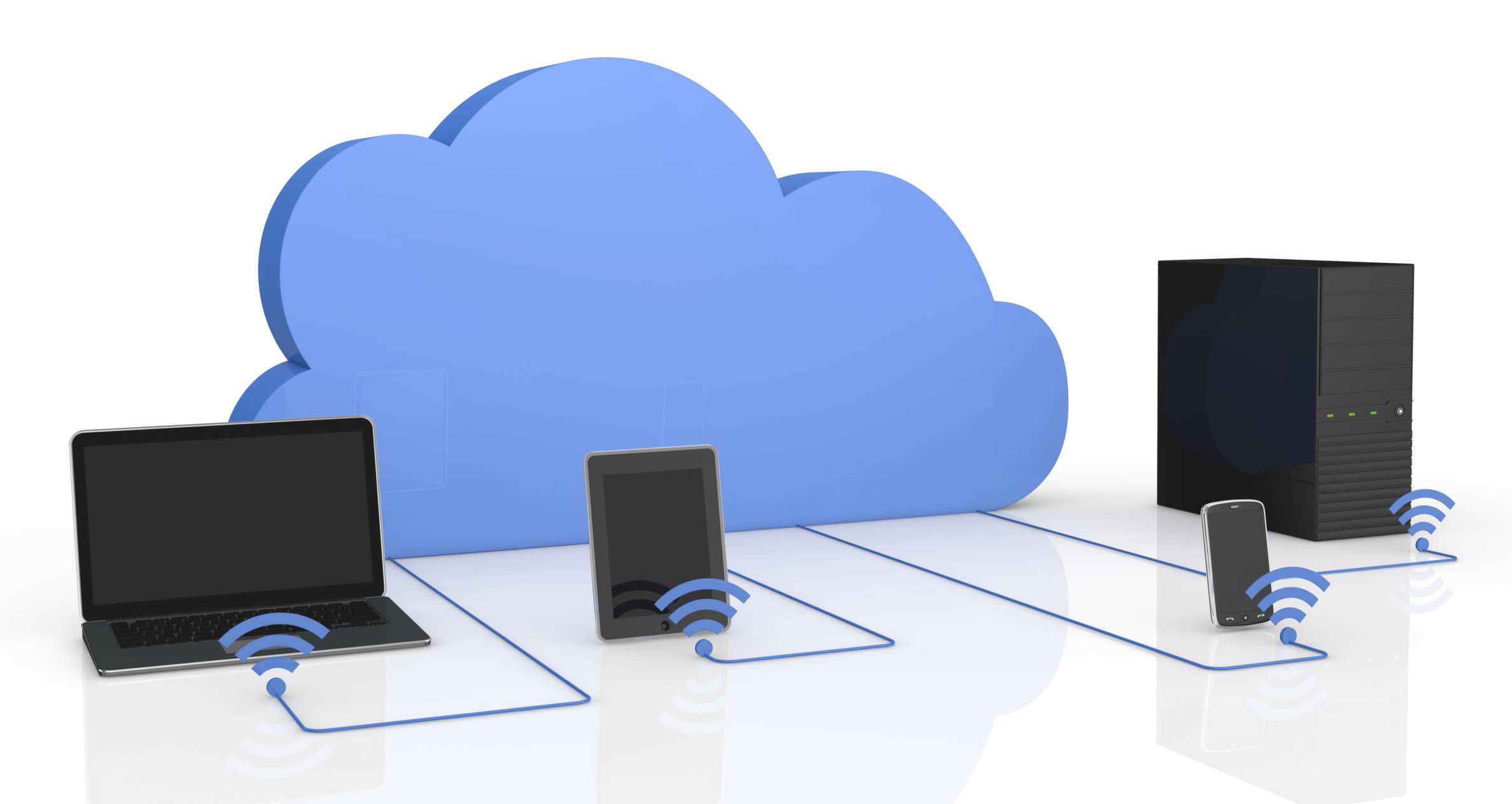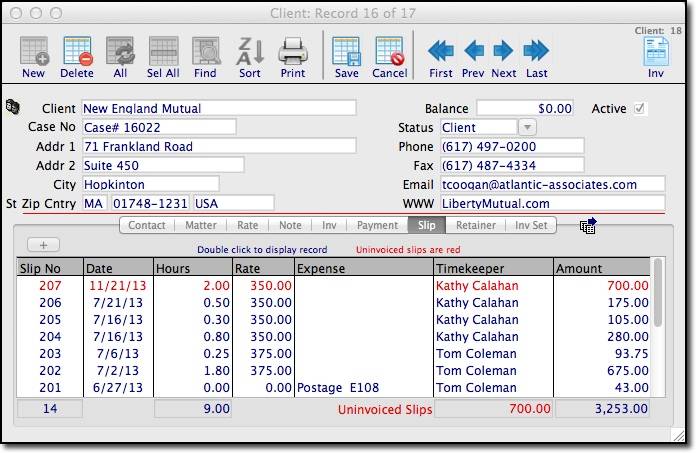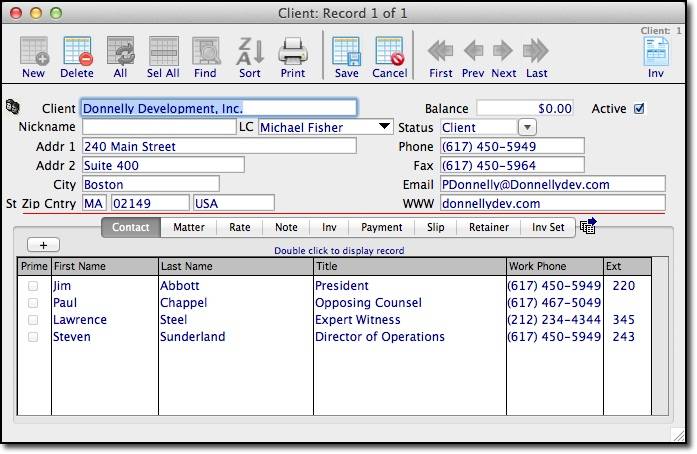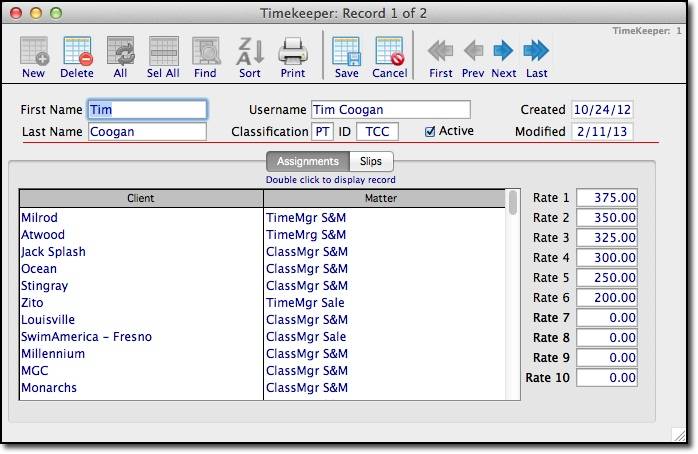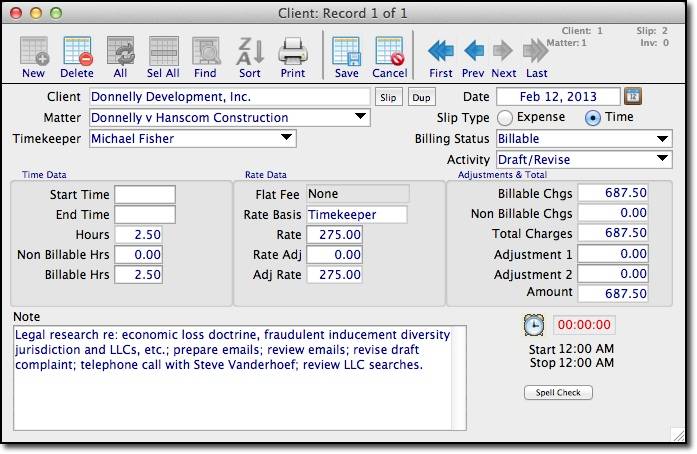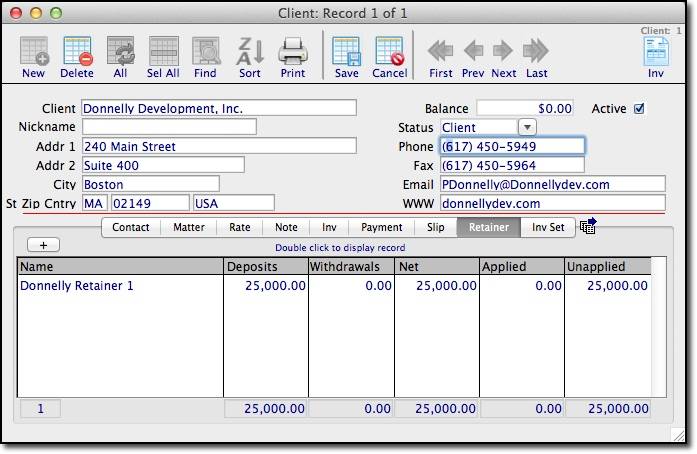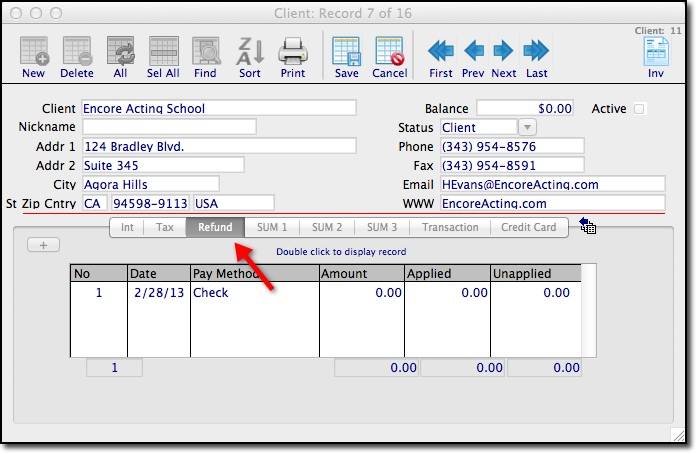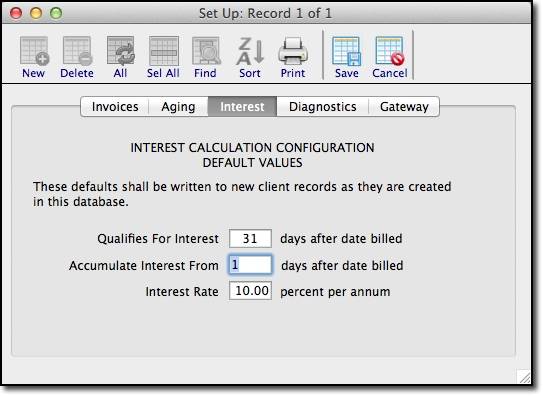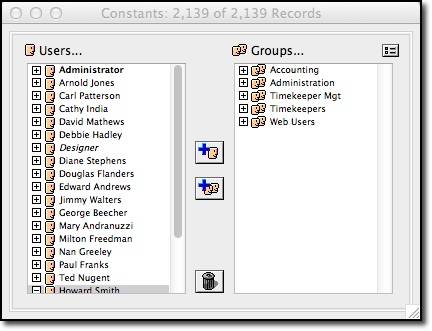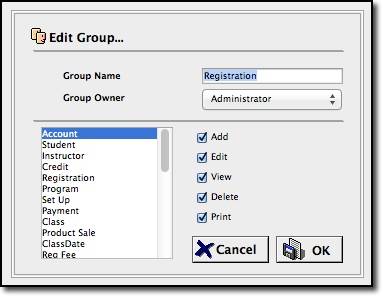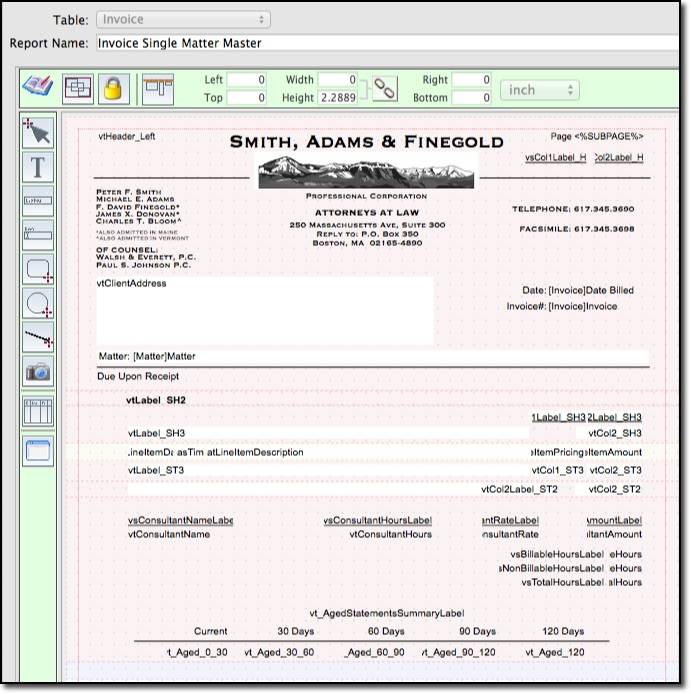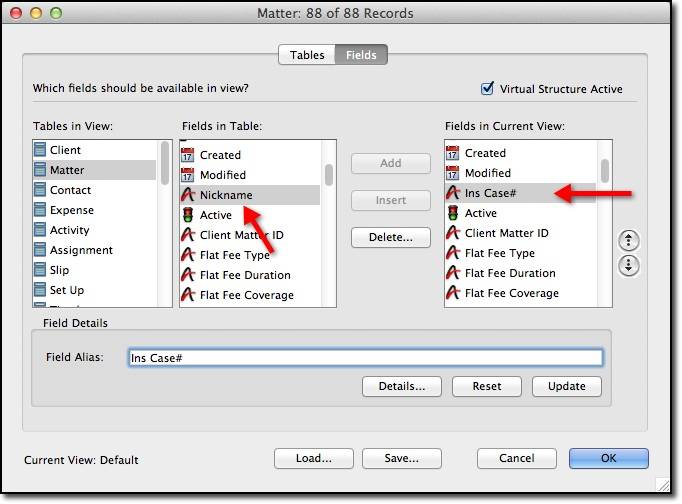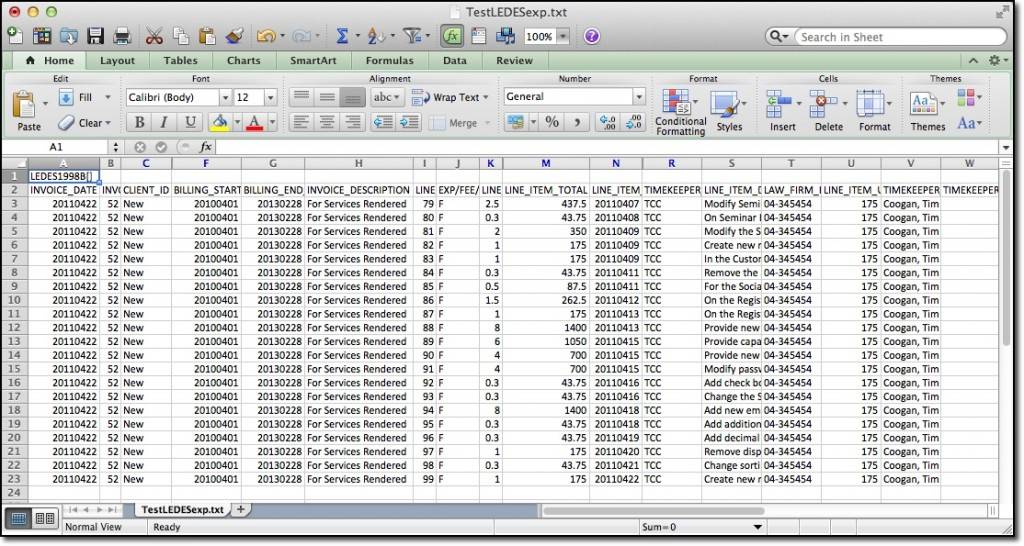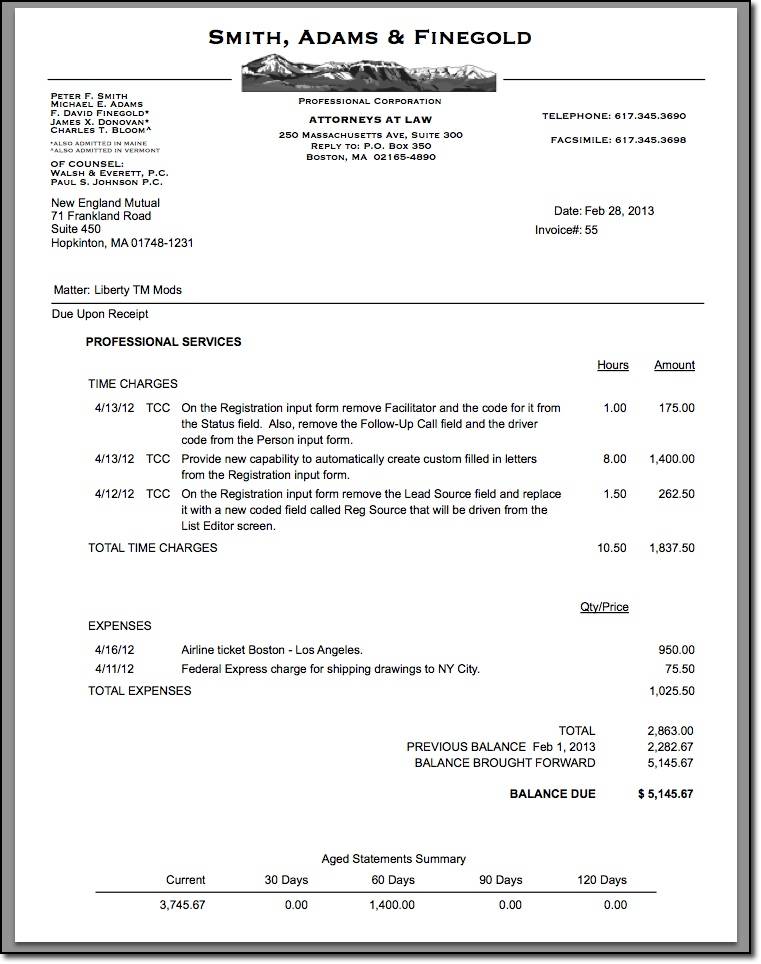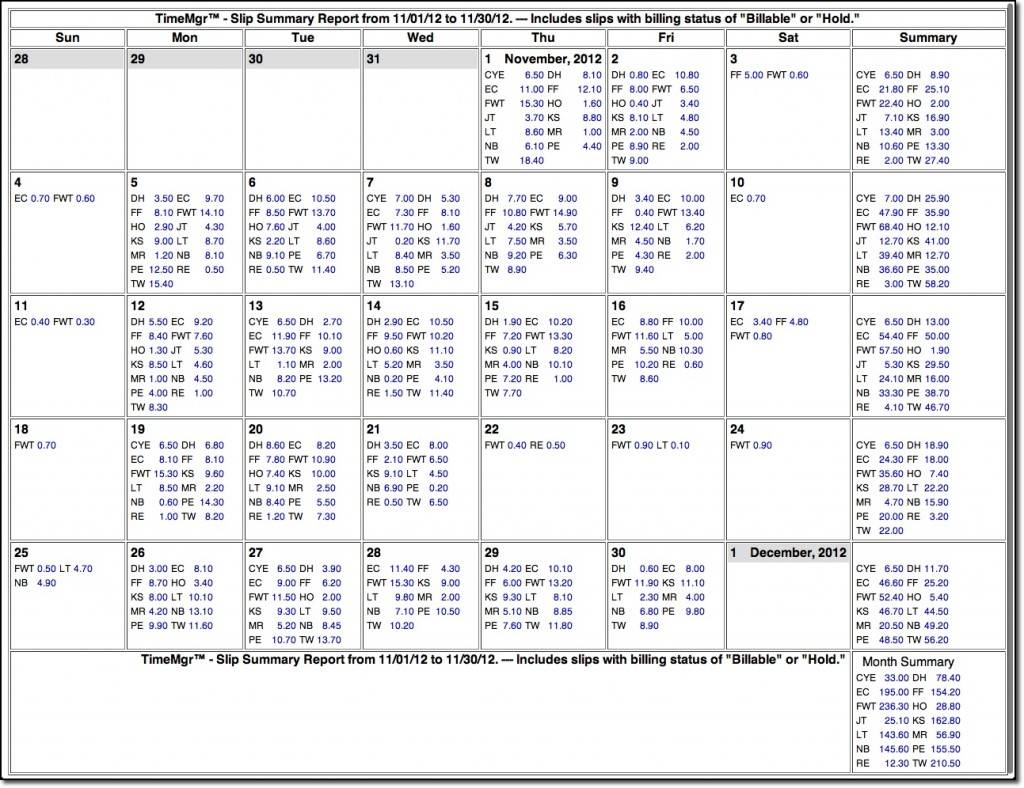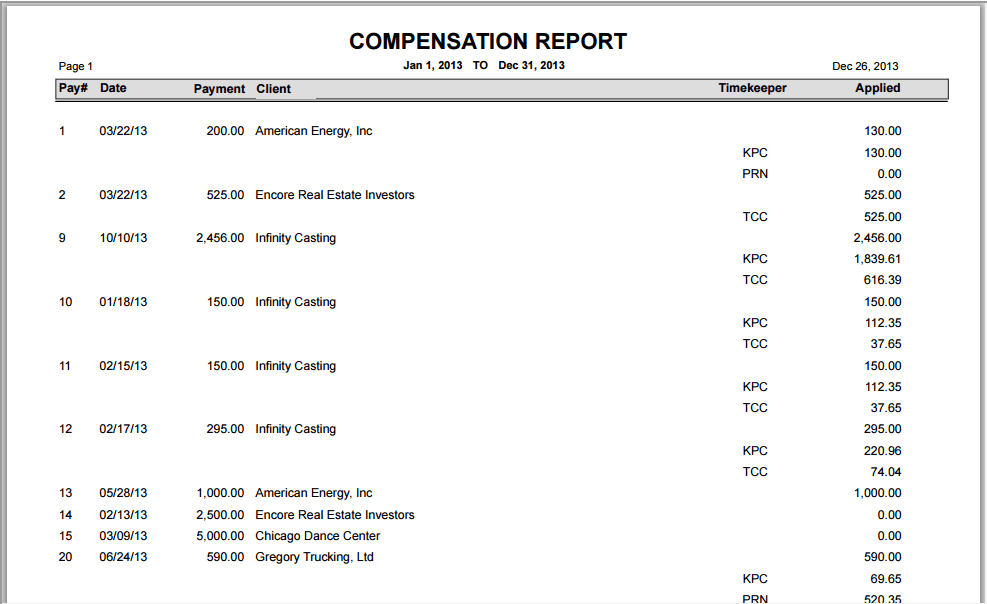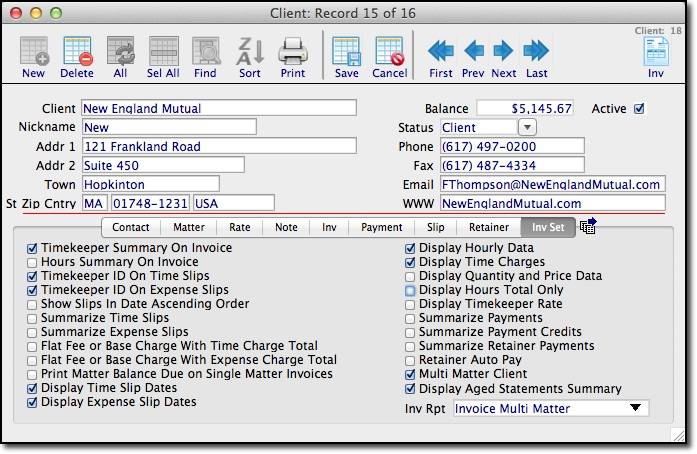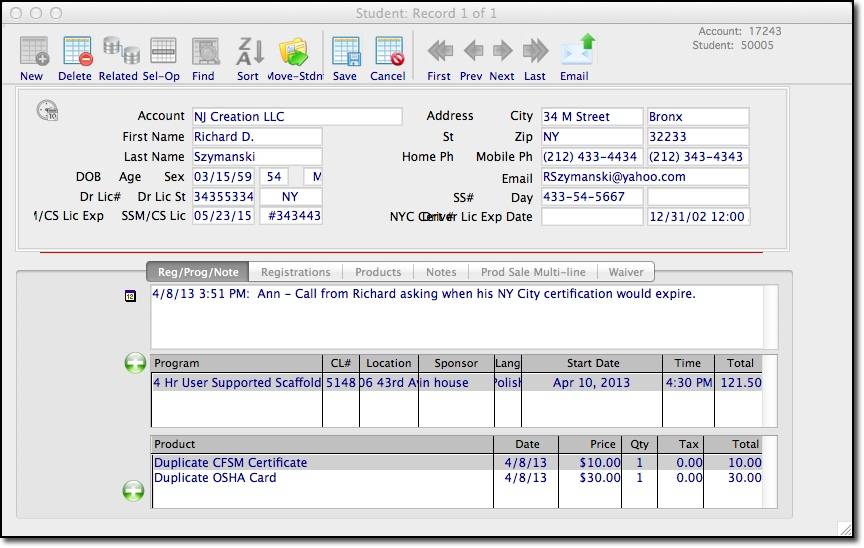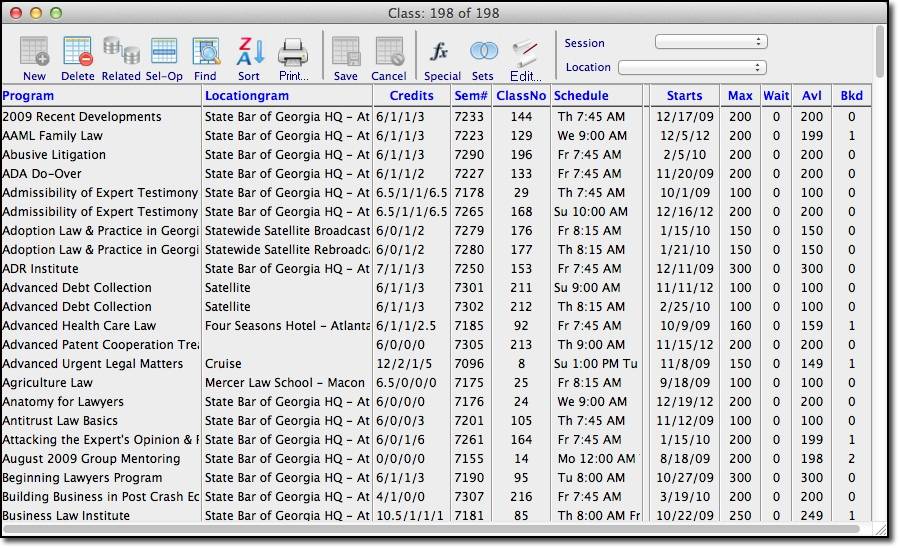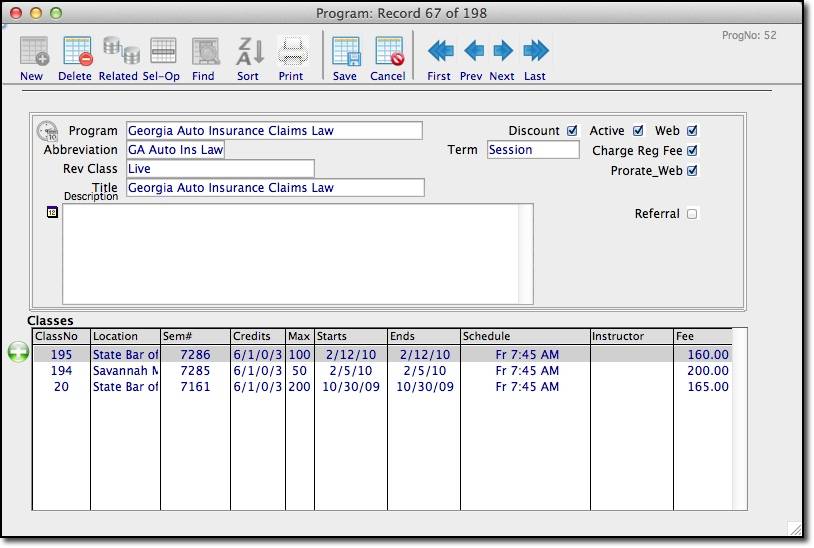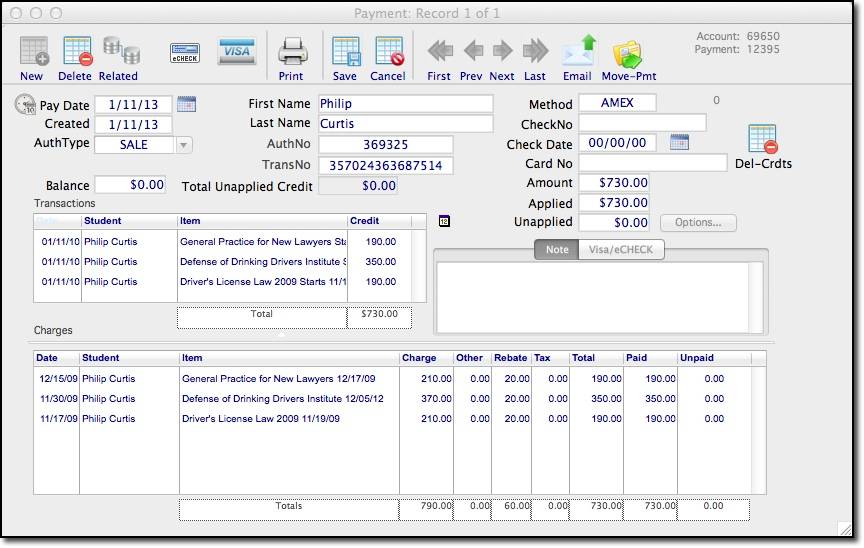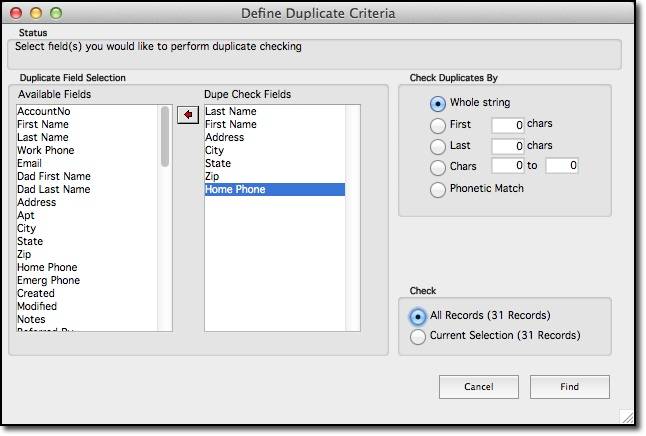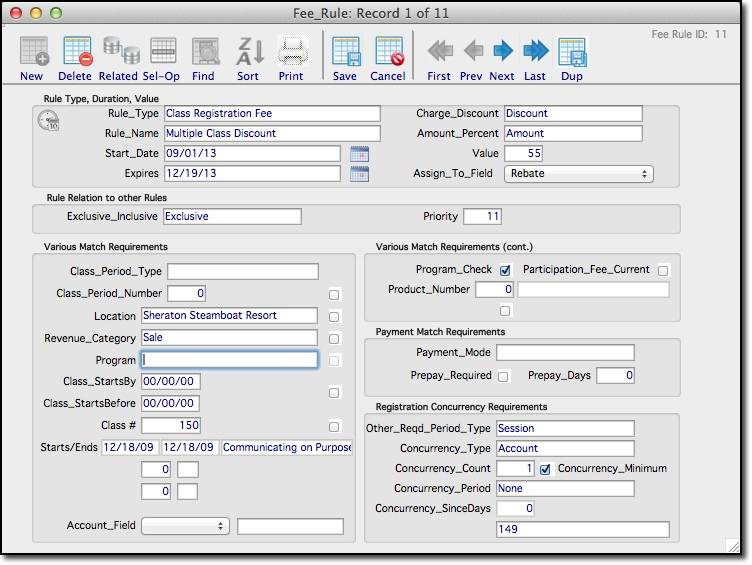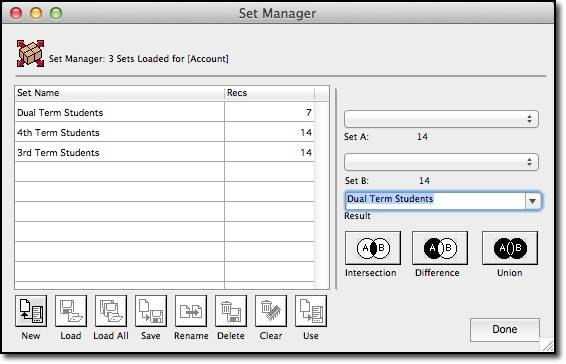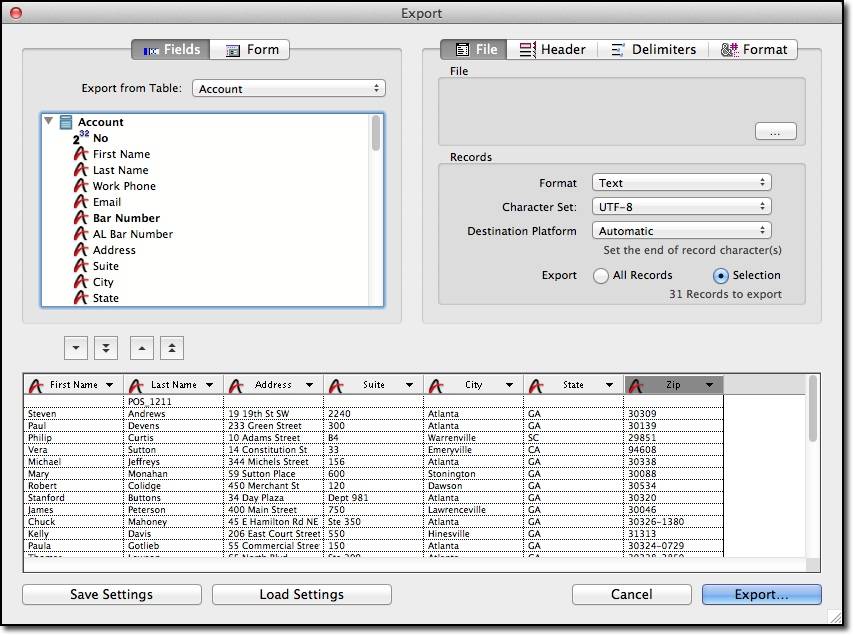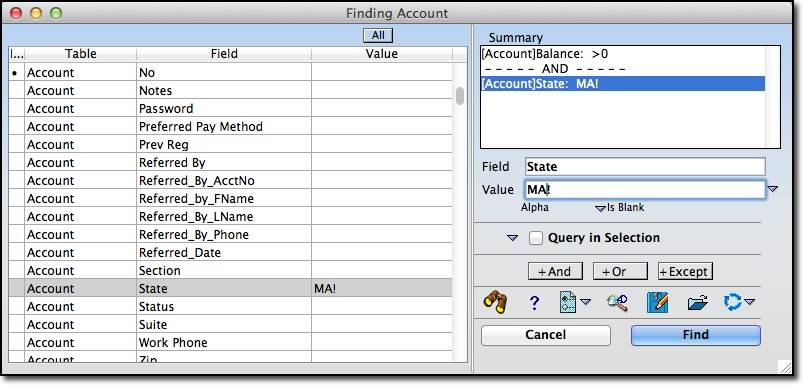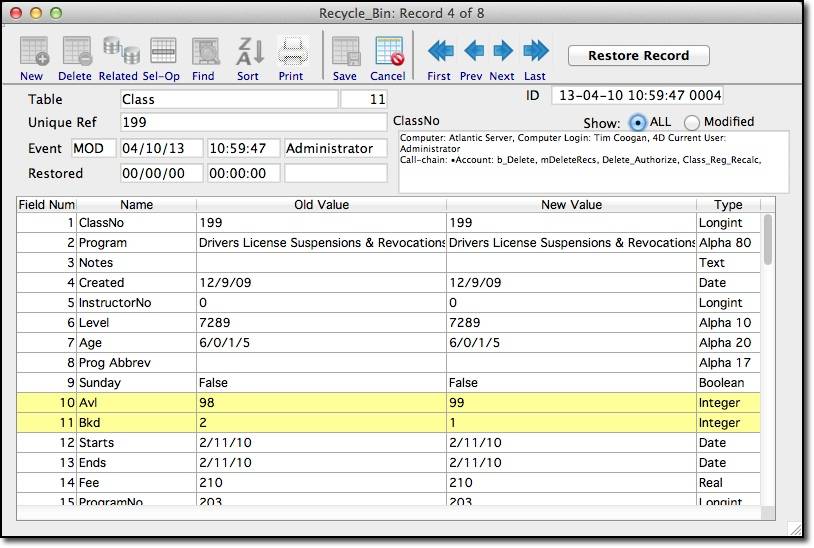Long ago, Timeslips was the dominant legal billing software and nearly all law firms ran on PCs. Today the market has exploded with solutions and many attorneys have shifted to the Macintosh platform for its intuitive design, superior reliability, and freedom from viruses and malware. Here are some other trends that have emerged in the domain of legal billing software.
- How you pay for software has changed. Gone are the days when software was bought off the shelf, paid in one lump sum, and used until it became obsolete. Now, most vendors have shifted to a subscription payment model. The upside to this is that you can get your legal billing software up and running with a smaller initial investment. Additionally, you can enjoy better support and more frequent updates with a subscription service.
- Mobility. Having the ability to track time from a mobile device ensures a greater amount of billable time will be captured. Some, but not all, legal billing software offers a native app. Others allow users to enter time through a web browser on the devices. The former offers a far superior experience, with greater ease on the user.
- Cloud-based vs. Locally Hosted. An increasing number of software products provide cloud-based storage of data. Cloud computing makes your firm more efficient, but it can also expose you to new risks. Some of the most common problems are security, data ownership, and business continuity. Using your own locally hosted solution can incur more IT costs and an upfront advantage, but using an affordable desktop server such as a Mac Mini to feed data to your iPhones, iPads, and notebooks can offer superior reliability and lower long-term IT costs.
Looking for Mac legal billing software? TimeManager is Mac Legal Time Billing Software for groups. Easy time entry in the office or on the go. Strong security, reporting, and invoicing features. Customizable. Fully interoperable with the Windows version.


